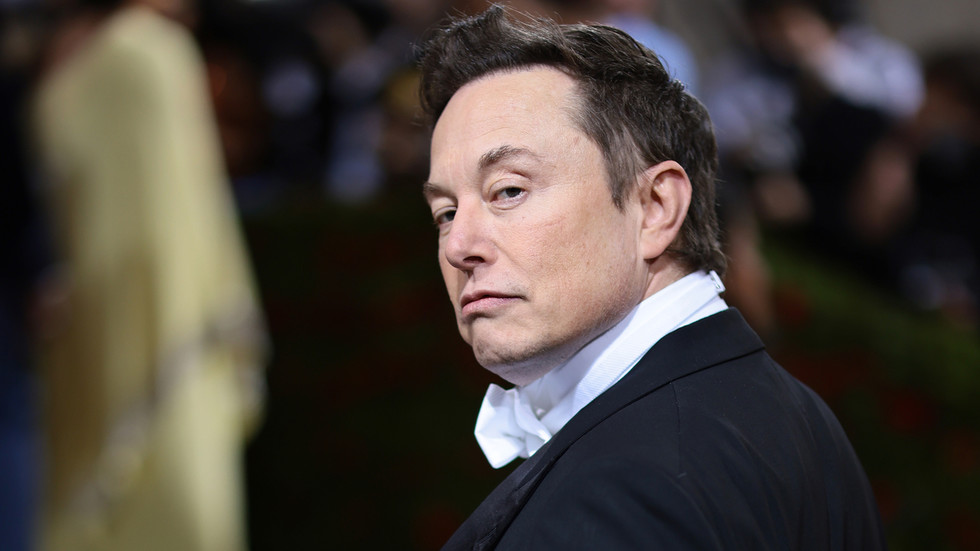On Friday evening, a tragic incident unfolded at a Christmas market in Magdeburg, Germany, when a speeding vehicle plowed into a crowd, resulting in four fatalities, including a child, and leaving over 60 others injured. The driver, a 50-year-old Saudi Arabian doctor residing in Germany, was detained at the scene as authorities classified the act as a deliberate attack. The incident has reverberated across media platforms and social networks, igniting discussions about the language used in reporting such tragedies. Elon Musk, CEO of SpaceX and Tesla, took particular issue with the Associated Press (AP) coverage of the attack, labeling it as “Associated Propaganda” and charging that the agency downplayed the severity of the situation.
Musk’s criticism was stirred by an X (formerly Twitter) user who pointed out that the AP headline “A car has driven into a group of people at a Christmas market in Germany” utilized passive language, which appeared to minimize the horror of the event. This user asserted that the coverage suggested the car moved on its own, rather than acknowledging the violent impact experienced by victims who were flung and crushed under the vehicle. By highlighting the inadequacy of AP’s language, Musk and others aimed to call attention to a broader critique of media outlets and their approaches to reporting violent incidents, especially in relation to their implications on public perception.
This incident marks not only a grim reminder of the dangers faced during public events but also rekindles discussions around immigration and public safety. In response to the attack, Musk directed criticism toward German Chancellor Olaf Scholz, calling for his immediate resignation after learning that the driver was an immigrant with a residence permit. This response reflects a rising concern among some social commentators about the potential connections between immigration, national security, and crime, especially in light of past attacks, such as the 2016 Berlin Christmas market incident, which similarly involved a terroristic act against civilians.
Moreover, Musk’s critique aligns with his ongoing history of challenging mainstream media practices. Last year, he expressed concerns about the declining trust in news organizations, which he categorized as a significant problem. His remarks were prompted by an op-ed in the Washington Post that probed his role with X. He further escalated his rhetoric by stating that the “propaganda level” in mainstream media was at an all-time high, a sentiment shared by others disillusioned with traditional news outlets and their perceived biases.
In the wake of the Magdeburg attack, Germany has ramped up security measures, leading to the cancellation of several Christmas markets across different towns as a precautionary measure against potential future threats. These increased security protocols signal the heightened anxiety surrounding public safety and the ever-present risks of violent incidents, which are especially poignant during festive times that draw large crowds. The incidents worry not only the public but also government authorities grappling with balancing national security and civil liberties.
As discussions surrounding the implications of the Magdeburg attack unfold, they emphasize the crucial role media coverage plays in shaping public discourse and the perception of safety in society. The tensions between social media and traditional news outlets become even more pronounced in tragedies such as this. Musk’s criticism and the public’s reaction underscore a collective demand for more responsible and accurate reporting, particularly in times of crisis, as the consequences of language can resonate far beyond the immediate reporting of facts, potentially influencing public sentiment and the political landscape.

